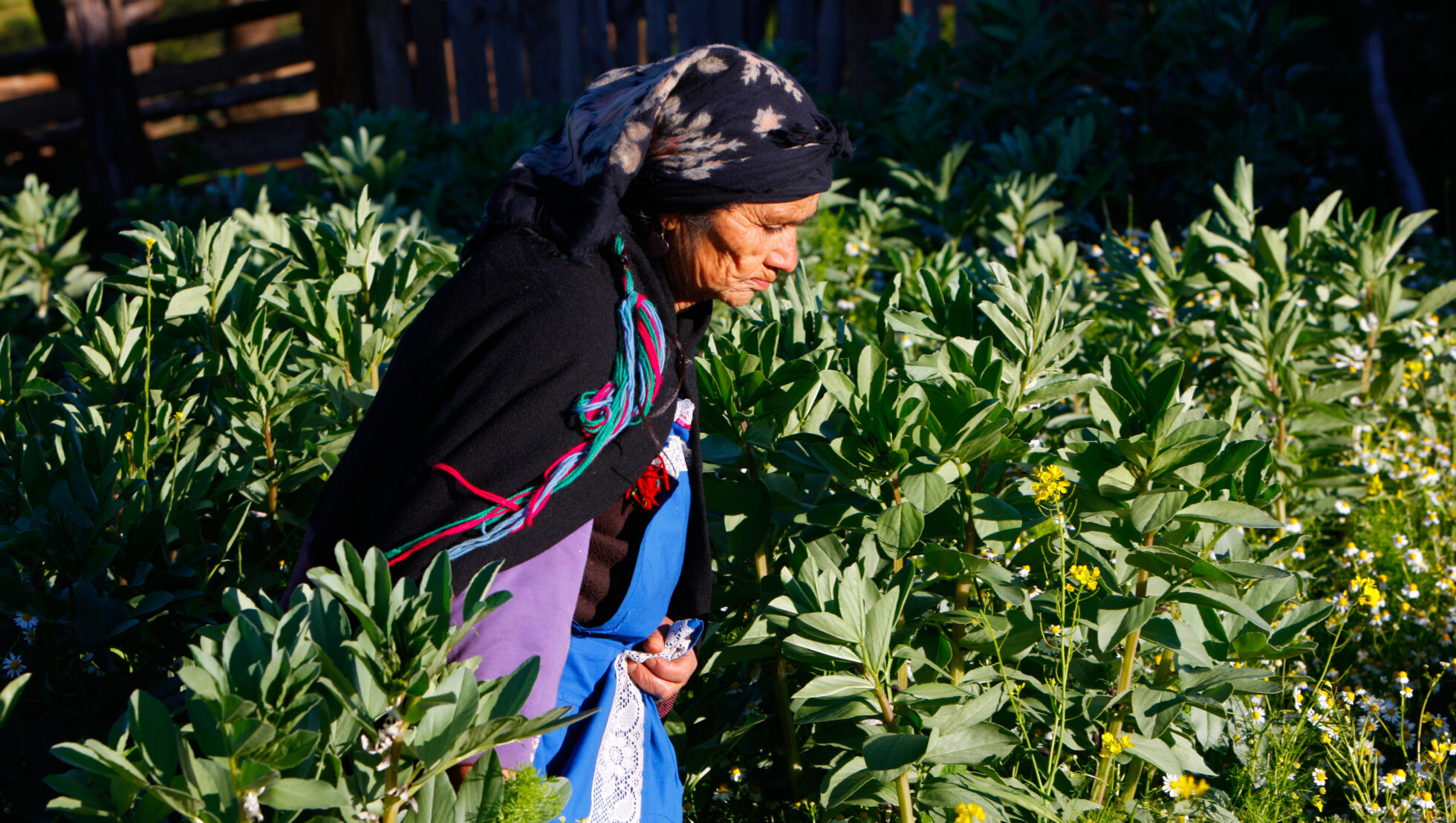Feminism puts bodies at the center of politics, demanding that their diverse needs are being respected; as having rights and demanding that states guarantee those rights.
In my personal experience, arriving at the Fourth World Conference on Women in Beijing 1995 reflected a long road of my work with the women’s and feminist movement during the dictatorship in Chile. The systematic denunciation of human rights abuses and the construction of creative forms of resistance, which demanded democracy, had generated a solid network of people and organizations that still exists today. The Platform for Action achieved in Beijing encouraged states and civil society institutions to mainstream the gender perspective in public policies, university curricula, political participation in decision-making bodies, and discriminatory regulations and laws.
If in the ’80s the Chilean civil society resisted the dictatorship, in the 90’s it fought to maintain its autonomy. It faced a government in transition to democracy, which was tied to a political constitution made to serve neoliberalism. The control of the bodies of women, youth, and diversity, as well as the criminalization of indigenous people and the devastation of the environment, reactivated social movements in new scenarios and articulations.
In this context, partner organizations of Mission 21 work in community networks, in sectors where state programs are deficient and the market has no interest in reaching. This is the case of the Service for Development and Community Education (SEDEC) of the Methodist Church in Chile. In the context of COVID-19, it has achieved a significant presence through virtual programs, generating spaces for self-care and emotional contention, which integrate the wisdom of Mapuche herbal medicine.
The Mapuche, the biggest ethnic group in Chile, are facing massive discrimination since the beginning of Spanish colonization. They are Mapu (earth) che (people) – and the body is at the center of their politics, as they see their land as part of their people’s body. The machi (spiritual advisor) Celestino Córdova entered a 100 days of hunger strike as a pressure to the government of Chile to comply with the ILO Convention 169, which protects all political prisoners (Mapuche and those related to their cause) who are deprived of their freedom in different prisons of Chile.
This struggle around the body is taken up by the alternative civil society document “Luces y Sombras. Twenty-five years after the Beijing Platform for Action”. It denounces “the regression in the exercise of women’s rights, promoted by anti-rights movements that claim the use of violence and repression, justifying the persecution and criminalization of human rights defenders by privileging the exploitation of natural resources and by not respecting the rights of indigenous peoples and communities.“
At the same time, civil society organizations, including Mission 21, under the lead of PeaceWomen Across the Globe (PWAG), the Swiss Platform for Peacebuilding (KOFF), and cfd (The feminist Peace Organisation), provide the document Women, Peace and Security and the Prevention of Violence: Reflections from Civil Society in the Context of the Fourth National Action Plan of Resolution 1325. It recommends the Swiss government to promote community-led definitions of security, particularly as defined by women, marginalized groups and others discriminated against, and to prioritize community security over state security or the protection of transnational industries.
Guaranteeing the right to live a life free from structural and gender-based violence remains a pending issue for all discriminated people. The civil society, and Mission 21 as a part of it, has a fundamental role in demanding governments that all bodies should be at the center of their politics.
The feminist movement in Chile today stands up to support the indigenous movement to exercise their human rights so that a dignified life becomes customary.


